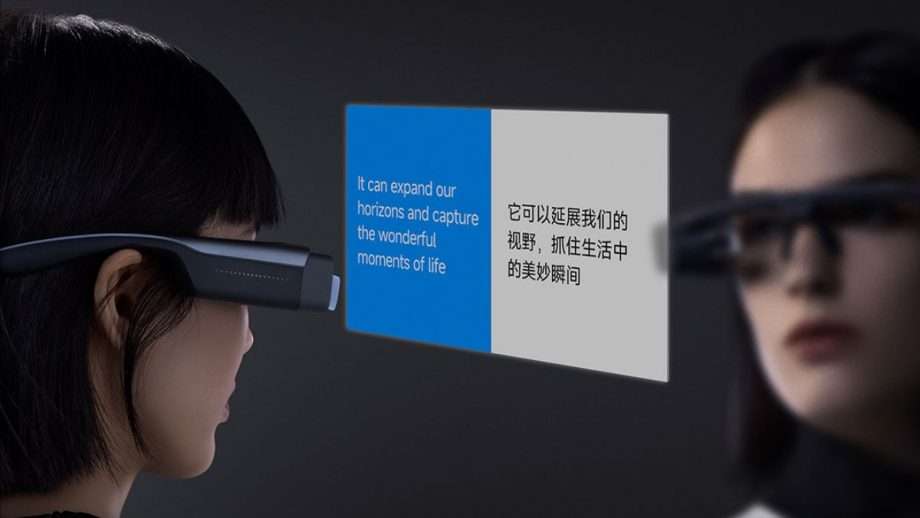Google previewed a prototype of its upcoming Android XR glasses at the company’s annual I/O developer conference on Tuesday, unveiling a major advancement in wearable technology powered by its Gemini artificial intelligence platform. The glasses feature real-time language translation capabilities, marking a significant step forward in AI-integrated augmented reality.
The device, built on a new Android XR operating system, combines extended reality (XR) capabilities with Gemini’s multimodal AI technology. During a live demonstration, the glasses translated spoken dialogue into multiple languages and displayed subtitles in the user’s field of vision. The translation occurred instantaneously, offering a glimpse into how AI-powered wearables could transform multilingual communication.
“Language should never be a barrier,” said Rick Osterloh, Google’s Senior Vice President of Devices and Services, during the keynote presentation. “With Gemini built into these glasses, we are bringing real-time translation to the world in a natural, accessible way.”
The glasses currently support more than 50 languages, including Spanish, Mandarin, Arabic, and Hindi. Google stated that the translation engine uses Gemini’s latest large language model, which improves accuracy, context recognition, and speech tone interpretation.
In addition to live translation, the Android XR glasses offer other augmented reality features, including object recognition, contextual overlays, and voice-controlled interfaces. The device is designed for hands-free use and offers developers access to open-source tools and APIs, reinforcing Google’s commitment to a developer-centric ecosystem.
The unveiling puts Google back into the conversation about next-generation AR hardware, following its earlier ventures with Google Glass. Unlike Apple’s Vision Pro or Meta’s Quest headsets, Google’s approach leans on Android’s open architecture, aiming to build a scalable platform for spatial computing.
Privacy concerns surrounding the always-on capabilities were addressed briefly during the keynote. Google assured attendees that translation and processing would primarily occur on-device, minimizing data sharing. The glasses will also include visible indicators to inform others when recording or translation functions are active.
While no release date was confirmed, Google said a developer beta version of the XR glasses is expected to roll out later this year, with a consumer launch tentatively planned for 2026.
Industry analysts have described the announcement as a major milestone in wearable AI. “This is one of the most practical and impactful use cases for AI-powered AR glasses we’ve seen so far,” said Joanna Stern, a tech analyst at WSJ. “It’s a real-world solution with immediate global applications.”
The Gemini-powered XR glasses are seen as part of Google’s broader push to integrate AI into everyday experiences, reinforcing the company’s commitment to an AI-first future. As competition intensifies in the extended reality space, Google’s entry could reshape how users interact across languages, cultures, and environments.



